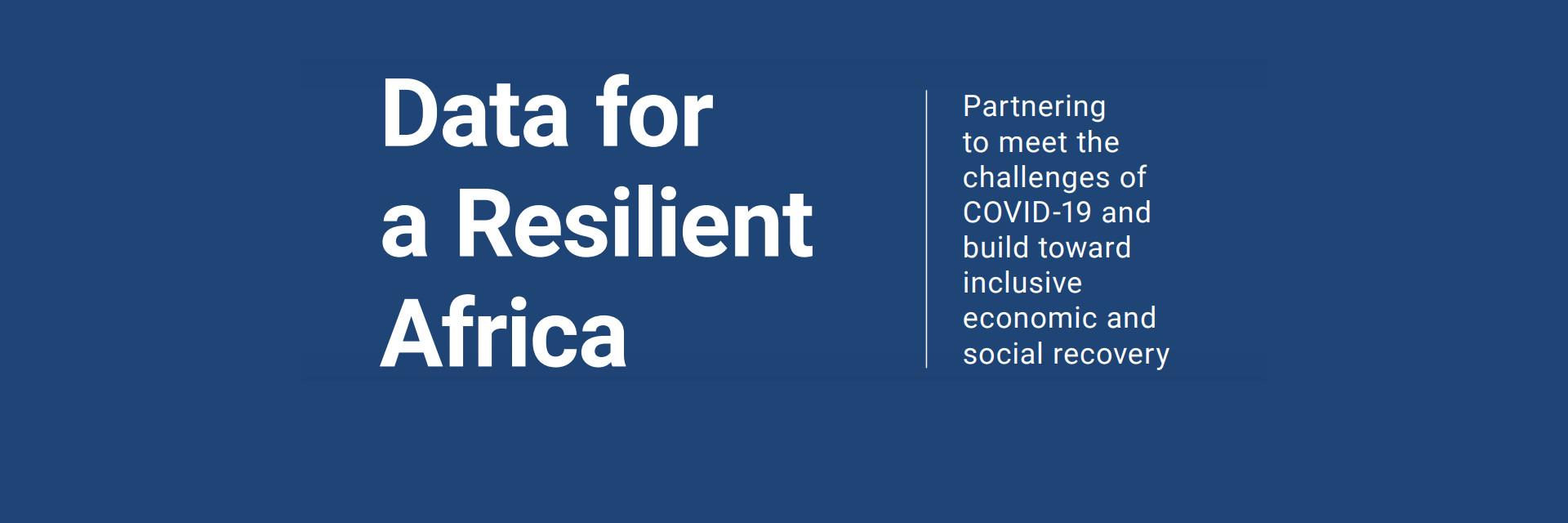Addis Ababa, 16 September 2021 - The pandemic has exacerbated ongoing domestic challenges related to climate, poverty, and hunger and prompted governments across Africa to seek new sources of data to guide policy.
In response, the Global Partnership for Sustainable Development Data and the United Nations Economic Commission for Africa (ECA) organized a collaborative effort to strengthen and build new data systems across the continent, according to a new report released today.
The report, Data for a Resilient Africa (interactive, online, and PDF versions), details projects in 11 countries with more than 40 partner organizations. It describes real-life examples of data-based policy solutions to COVID-19 that also strengthened countries’ long-term capabilities to collect and use important information on climate, health, food systems, and more.
-
In Kenya, a food security war roombrought technology partners together to track supply and demand, prices, and other data to ensure people had access to affordable food during lockdowns.
-
In Nigeria, a dozen partner agencies created a comprehensive data hub with detailed information on COVID-19 outbreaks that the National Bureau of Statistics and Presidential Task Force subcommittees used to manage the pandemic.
-
In Ghana, mobility data from private companies helped the government plan and respond to multiple public health disasters.
-
In Puntland, national statisticians used training and partnerships to create geospatial data for COVID-19 to track and warn citizens of Tropical Cyclone Gati’s impacts before the storm made landfall in November 2020.
Sparked by increased demand for pandemic data, this work resulted in a shift in thinking about the value of data among country and agency leaders.
The director of the African Centre for Statistics at the ECA, Oliver Chinganya, said COVID-19 helped officials see the importance of real-time data. “That’s really something we have seen changing—countries demanding more ways of looking at things in terms of how to disseminate data,” he said. “That’s a big change.”
The report points to the need to build capacity and skills among organizations and local governments to respond to daunting global challenges like climate change—work that must start immediately.
“Data systems take time to build securely and ethically, and we believe COVID-19 has clearly shown the need to continue creating them,” the report states. “There will be more pandemics and more global crises—including the ongoing climate crisis.”
The authors end with recommendations and a call to organizations to join in the effort to foster resilience to climate and health challenges around the world by partnering to share data, tools, resources and capabilities.
For more information or to speak with the Global Partnership’s Chief Executive Officer, ECA officials, country leaders, or report authors, please contact:
Jenny Oldfield
Director of External Communications
joldfield@data4sdgs.org
Ernest Chi Cho,
Public Information Officer, ECA
chi@un.org

